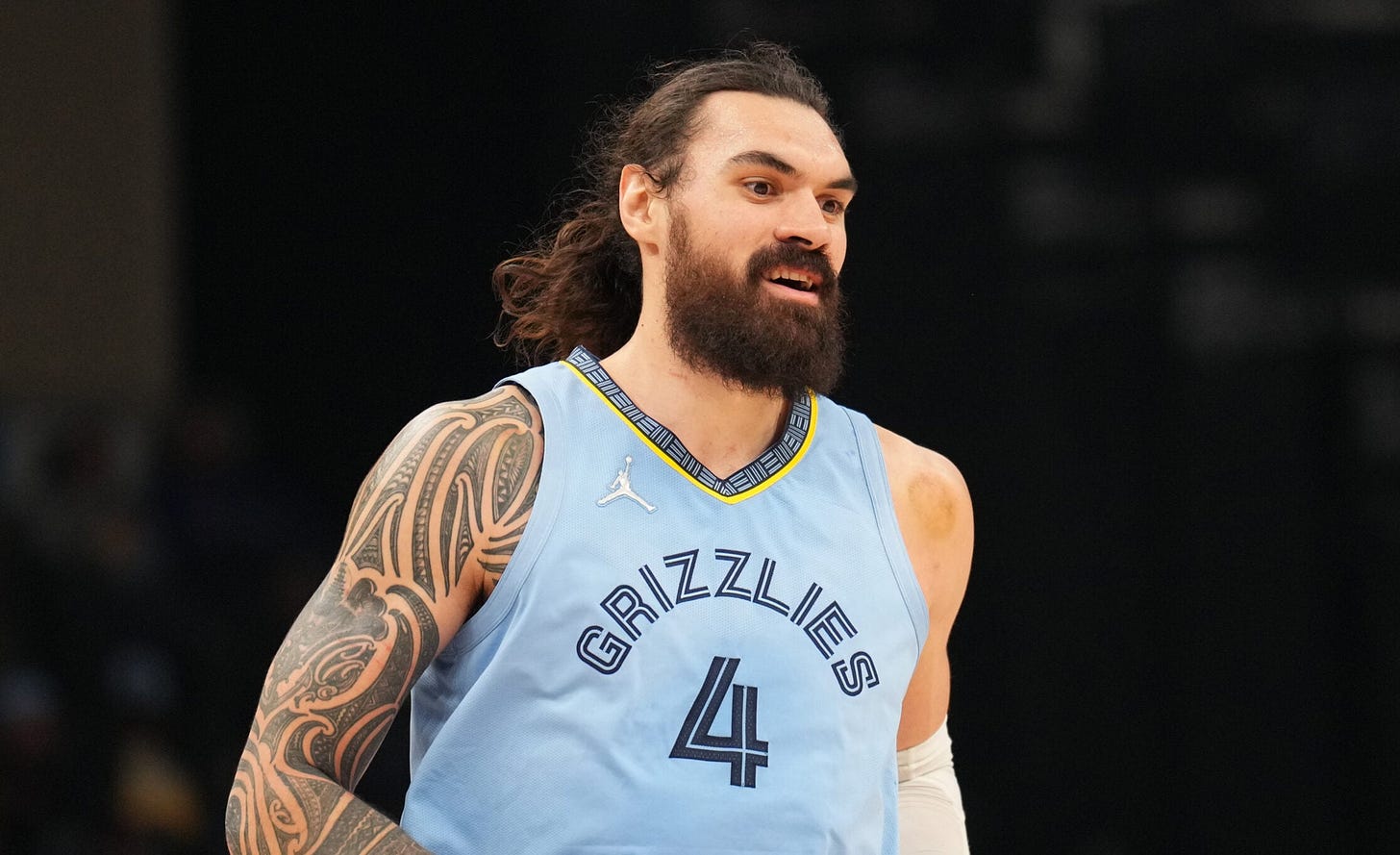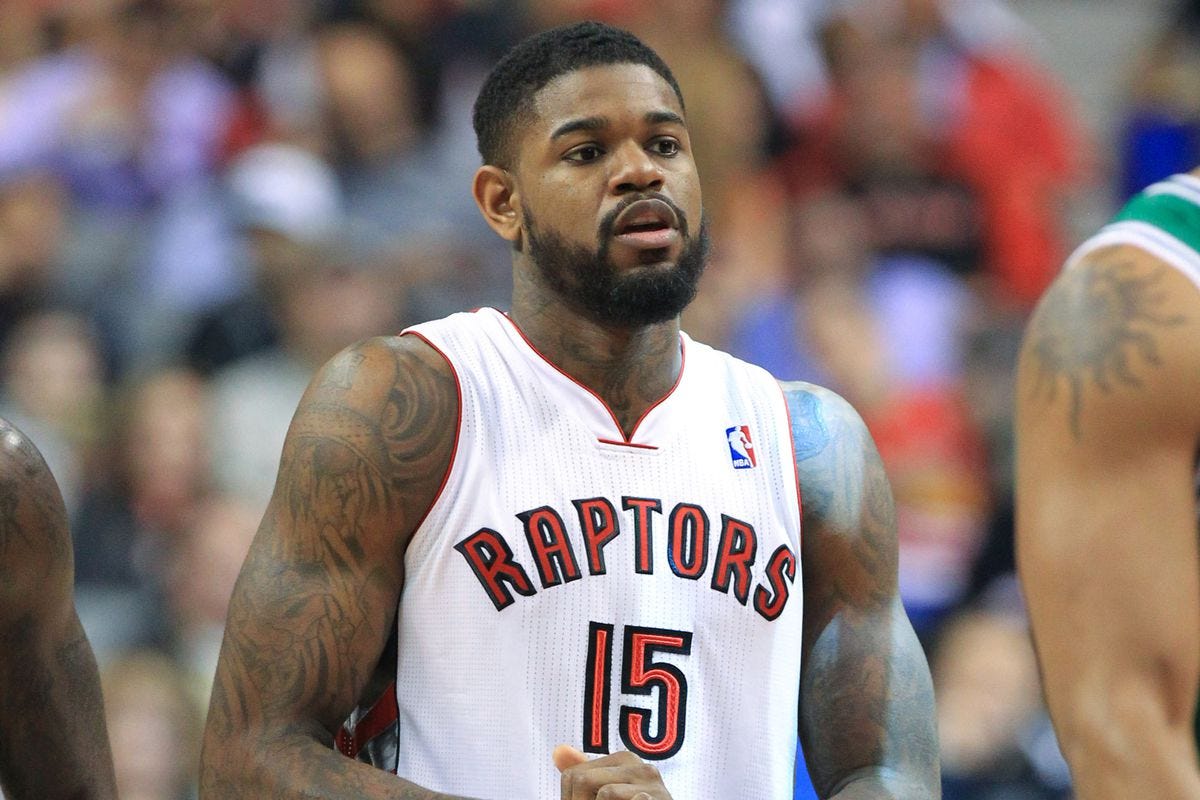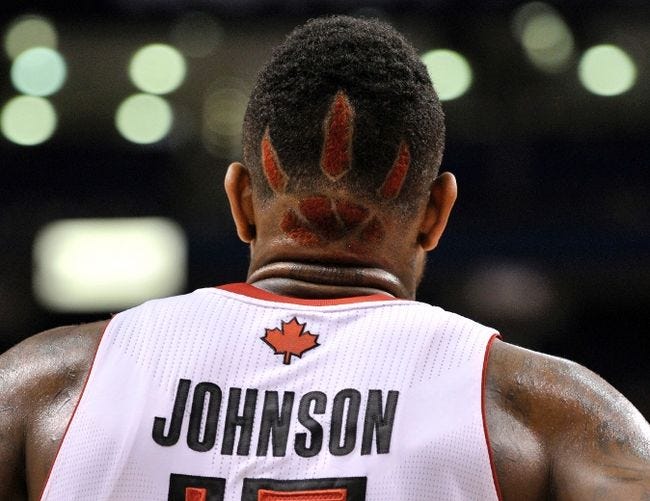I didn’t post anything in the last week or so, nor did I expect to post for a couple more days. For one, my internship ended this week, and in addition to that, I’ve been preparing for the beginning of the school year: applying to internships and jobs, and sorting out parts of my life that I’ve been trying to put on hold this summer. Mildly neurotic people like myself sometimes do well with a week or two to gather their thoughts and figure out the game-plan for the next few months. I came out of these last two weeks with a better sense of what I plan on writing about and the ideas I want to pursue both in the field of data science and basketball.
Part of my ‘game-planning’ involved reaching out to data science experts to leverage some of their former experiences into advice. I’ve had some insightful discussions in the last week or so, and I wanted to share one that reframed my perspective a bit. For privacy reasons, I won’t share any specificities about this person.
I reached out with an email asking for advice about the data science field, and hopefully a phone call to go along with it. I attached my blog as a makeshift portfolio - and as a reference to the part of data science I want to work harder in.
I understand you're a busy man, so I'll keep this concise. I’m an aspiring data scientist who writes a basketball analytics blog, and you're someone with years of experience in leading data science teams.
Given your experience, I would appreciate any advice you could offer about what skills or areas I should focus on next. Could we schedule a brief phone call? - ZM
Instead of a standard “I can call you at __:__” or “Thanks for the interest,” I received this response:
“Cool substack. Who's the best screener in the NBA?” - S
I was intrigued, but still, cautious. Most people know it’s hard for me to turn down talking about basketball for hours on end, but I wanted the data science advice! So, hurriedly, I gave a response.
Domantas Sabonis led the NBA in screen assists this past season, but I'd wager Steven Adams is still the best screener in the NBA because he put up the same number as Sabonis in 2023 in seven less minutes. Hopefully Houston gives him enough minutes this season. - ZM
Even when typing it, I could sense that it’s a pretty muddled and flawed argument. Screen assists? The response pretty much went against everything I had written in prior articles. I, however, figured that this would suffice for 95% of fans - while screen assists aren’t as general as points or assists, they’re still measuring an outcome, tied to a set of separate variables. I attached a YouTube video as well.
Also, for what it's worth, this is seven years ago but it looked like Patrick Beverley almost died on this play. - ZM
Despite a lack of satisfaction, I clicked send, thinking that would be that. I checked my email a few minutes later for an almost instant response.
I remember that one. Is screen assists the right metric to determine who the best screener is? - S
Hmm. I thought up a clearer response, pointing out the downsides in the screen assists stat, and also mentioning distinctions between specific types of screeners. Still though, the analysis wasn’t as in-depth as my normal writing.
It can be a good indicator of which players are setting a lot of screens and if offense is being successfully created from them. However, just like any other per game stat, it has its flaws in the ways it is tracked and is being influenced by other metrics, like the ball handler's efficiency off the screen, and then the arrangement of players after the screen.
For what it's worth, there are more aspects than just completing a screen without moving when it comes to the best screeners in the NBA - Stoudemire wasn't the hardest screen setter but he could move fluidly off of the screen into more points, while Kendrick Perkins lacked that but made up for it in sheer mass. Adams has been putting up good screen assist numbers and was 4th in roll man efficiency in 2023, and outside of the numbers, a lot of players say they've met their match when they face Adams on screens. What do you think? - ZM
I waited for about 30 minutes, and then checked my inbox again to see another response.
Classical technique/expertise versus outcomes argument.
Better thing to ask is what does it mean to be the "best screener" . Does it mean the best at the technique of setting screens? Does it mean the best player who happens to also set screens? Does it mean the screener who conditional on not setting a screen has the greatest lift on the play? Does it mean the person who is able to set positively impacting screens the most? - S
It was something I had thought about before, but didn’t think would be good conversation over email. I spent some time pondering over the questions, and used some guiding principles to think about an answer. I realized now what my mistake had been. All of the silly takes, logical fallacies, false arguments, and take-hunting that I always complained about was not always because of a lack of understanding; it was the result of sacrificing analytical thinking for convenience. In the moments where I demanded convenience and answers, I was just as willing to throw some reasoning out of the window. Feeling embarrassed, I decided to dig deep and re-evaluate some of my prior logic.
You're right, there are some further questions to ask. As for which interpretation to use, I assumed we were looking for the third and fourth question - I'll give a different example to make my point.
1. If you were to ask me who the best shooter in the NBA is, I would say Stephen Curry. When you ask about who's the best at the technique of setting screens, that doesn't necessarily convey who the best screeners are. A comparison here would be that the players who are best at the technique of shooting could be defined by their accuracy in an open gym, but Curry's shooting is different because he can make high-EV (Expected Value) shots in areas and situations that even the most technically sound shooters couldn't. His being the best at shooting isn’t just about his form.
2. For the second question, if I were to use the same shooting comparison, I would say (in my opinion) that Jokic is the best shooter, but neither the shooting metrics nor the eye test would suggest that’s the case. Similarly, with screening, I wouldn’t say Jokic is the best screener simply because he’s the best player and also sets screens. This question is crucial because it highlights the problem with metrics like points per game and rebounds per game (and even screen assists per game) – a player accumulating these stats isn’t always a result of being the best at that skill, but mostly, being good overall, getting minutes, and consequently adding to their total box score.
3. The third question raises an important point, even if the premise is a bit unclear. A lot of Curry's shooting brilliance lies in his gravity – even the mere idea of him shooting forces defenses to create schemes to prevent it. While this is easier to demonstrate with shooting because the offense takes the best shot the defense gives them, it can be extended to screening. This means that simply looking at screen assists or completed screens isn’t enough, because players might be actively avoiding screens from specific players. These insights are often hidden in impact metrics, where, for example, Steven Adams ranked well above his reputation in 2023.
4. This is the question I tried to answer, and without great data (hopefully we’ll have more soon with Hawkeye), it’s harder to assess. Screen assists try to answer this question, but like assists per game, it misses the nuance of the stat. As I mentioned earlier, impact metrics can sometimes be better indicators, but even they wouldn’t capture all aspects of screen setting because other actions contribute to a player's overall impact.
5. The next thoughts I’d consider when interpreting the original premise are the third and fourth questions, along with categorizing players into specific types of screeners, which is more useful. Which players create offense best from two-man interactions (pick and roll), off-ball screens (less anticipation and harder to interpret), Gortat screens, or handoff screens? A more granular approach provides better insight into team building rather than just compiling a list for our own satisfaction.
- ZM
The response, in my opinion, was well thought-out, and better informed. Adams (only 31 years old), before being injured, is in my opinion the best screener in the game. The outcome of my analysis can be right, but drawn from the wrong conclusions. It’s important to be aware of situations where you might be doing that because even if the outcome is correct today, it might not be tomorrow. If I say, for example, that Trae Young is a better three point shooter than Kevon Looney because he averages a higher 3P%, that might be the right answer, but is it treating the question with the proper nuance it deserves? I can’t translate all parts of my argument to another case of the same question. Who is a better three point shooter, Stephen Curry or LeBron James? LeBron averaged 41.0% from three, while Steph made 40.8% of his. Any sane fan knows that just comparing numbers here might not answer such a multifaceted question.
I also referenced granularity, a core principle of basketball analysis. Dean Oliver put it better into words during the first episode of my podcast. Approaching any basketball question from a granular point of view will lead to better insights about the player or concept you’re discussing. If you ask me who the best defender is, how can I make arguments about anyone without clarifying about whether we’re talking about interior or perimeter defenders? And then, how can I make arguments about perimeter defenders without further inquiring about off-ball perimeter defense or point of attack defense? The issue is, however, that granularity is inconvenient when you’re searching for an answer as quickly as possible. After the exchange, I resolved to be more patient with my answers.
I had almost forgotten what I had emailed him about before I got this final brief message. Subtly, I had received the advice I needed.
Solid stuff. You’ll do well in this field. - S
As for his original question, I wanted to briefly highlight a player who had a similar plus-minus impact as Steven Adams as a result of being a good screener.
In 2012-13, Amir Johnson had an on-off of +4.1 with him on the court, to -9.9 with him on the bench - a remarkable 14 point swing. Amir, even in his best seasons, wasn’t considered by the wider basketball community as some force of nature - he averaged a very uneventful 10.0 points and 7.5 rebounds a game. But subtly, he’d been doing this for years. In 2007-08, Amir Johnson ranked #1 in Adjusted Plus-Minus, 20th in Statistical Plus-Minus, and 11th in Win Shares (a stat I don’t like too much, but oh well). This remarkable advanced statistical profile continued for nearly seven years, with only few explanations offered.
Johnson, who even through the eye test, didn’t do anything obviously well, had one of the best statistical impacts for seven years! A further deep dive into his impact revealed something greater. SBNation did a profile on Johnson’s screens and the impact on his teammates.
Amir Johnson had a positive impact on all of his teammates. Specifically, though, their ball handling guards took a major jump with Johnson on the floor. His screens offered a solid explanation. Johnson, being only 6’9”, could more easily get leverage by bending his knees. In order to make up for less leg length, he would place his legs at a wider angle, covering more space and making it harder for the primary defender to navigate around him. The technique of the screen mattered, but Johnson’s situational awareness helped as well - he could set them from all angles and extend his body to flatten defenders.
Gravity is a concept I discussed in my emails. It’s a bit abstract to apply this principle to more than just shooting, mainly because it’s harder to visualize, but Johnson’s impact on his teammates is a sign of his gravity as a screener. While Steph Curry requires increased attention because of his shooting, Johnson’s contortions and physical mass demanded a lot of manuevering as well. His impact, despite not signaling on the box score, adds him to the ‘No Stats All-Stars’ lineage.
I don't usually take the time to do this, but if you enjoy my blog and are looking for more in-depth content, I highly recommend checking out ‘Simplicity is SOTA.’ The blog offers excellent machine learning and data science insights. I've found the work incredibly helpful in deepening my understanding of these subjects.
Also, I plan on doing a mailbag Q&A sometime soon. Please ask questions here!









the lebron of basketball analytics